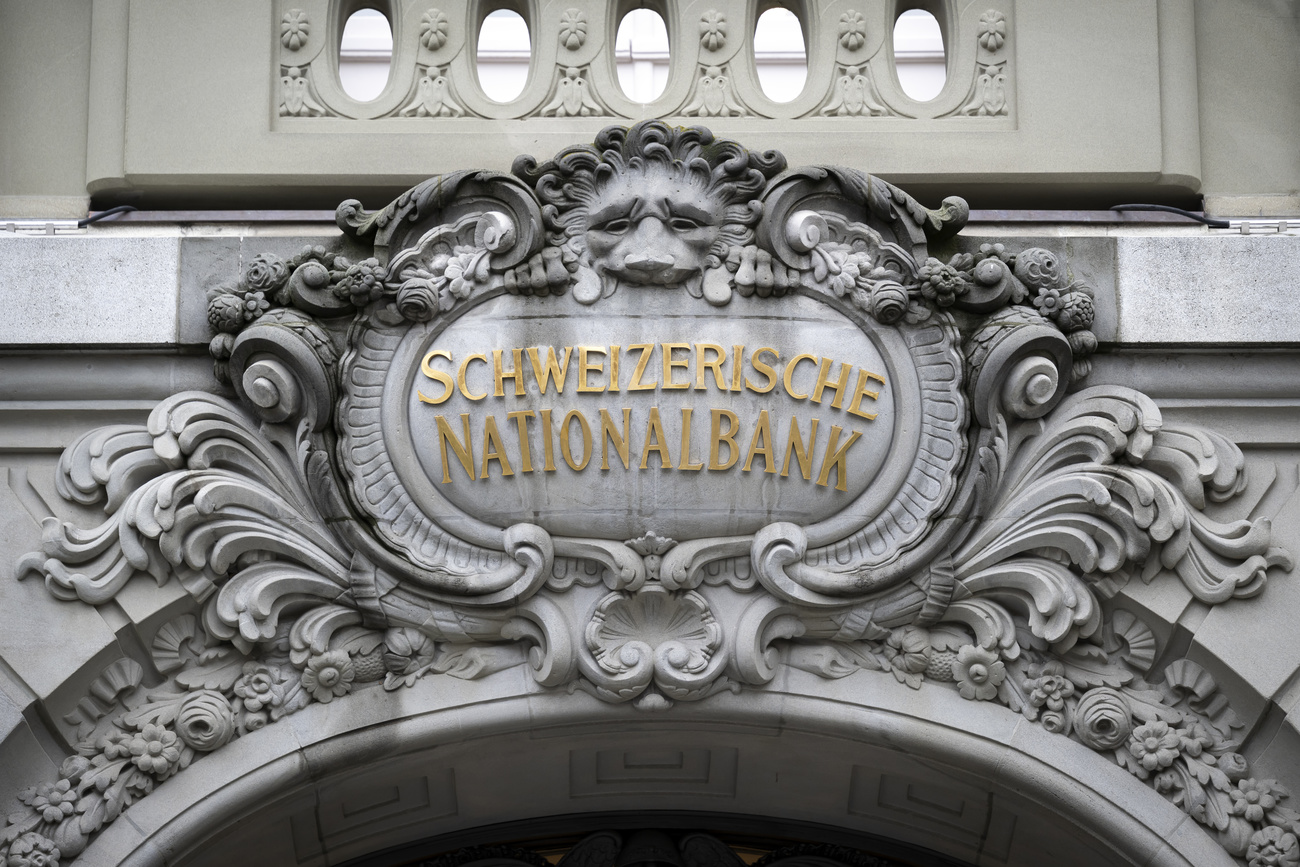
Swiss central bank increases minimum reserve requirements for banks

The Swiss National Bank (SNB) is increasing the minimum reserve requirements for domestic banks. To this end, it is amending the national bank ordinance starting on July 1, 2024.
Specifically, according to a press release issued on Monday, liabilities from callable customer deposits (excluding tied pension assets) will be included in full in the calculation of the minimum reserve requirement in the future, as will other relevant liabilities. The previous exception that only 20% of these liabilities are to be taken into account for the calculation will therefore be eliminated. The SNB is also raising the minimum reserve ratio to 4% from the previous 2.5%.

More
Swiss National Bank makes surprise interest rate cut
In doing so, the SNB says it wants to ensure the “continued effective and efficient implementation of monetary policy”. As banks’ so-called sight deposits, which are held to fulfil the minimum reserve requirement, do not earn interest, the SNB’s interest expense will fall. The adjustments do not affect the current approach to monetary policy.
Last year, the SNB booked a loss of CHF8.5 billion ($9.32 billion) on its Swiss franc positions, a large part of which (CHF 7.4 billion) came from the interest paid on banks’ sight deposits.
Adapted from German by DeepL/dkk
This news story has been written and carefully fact-checked by an external editorial team. At SWI swissinfo.ch we select the most relevant news for an international audience and use automatic translation tools such as DeepL to translate it into English. Providing you with automatically translated news gives us the time to write more in-depth articles.
If you want to know more about how we work, have a look here, and if you have feedback on this news story please write to english@swissinfo.ch.

In compliance with the JTI standards
More: SWI swissinfo.ch certified by the Journalism Trust Initiative






























You can find an overview of ongoing debates with our journalists here . Please join us!
If you want to start a conversation about a topic raised in this article or want to report factual errors, email us at english@swissinfo.ch.